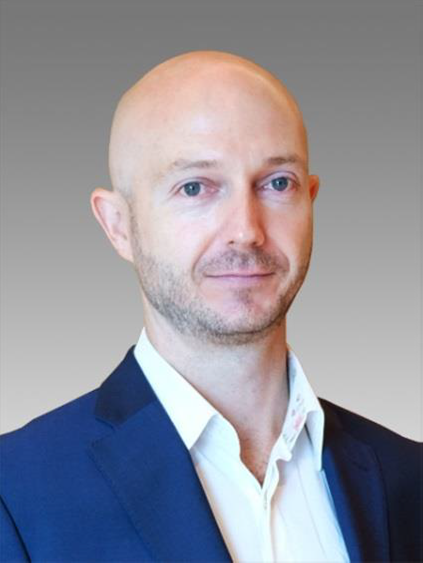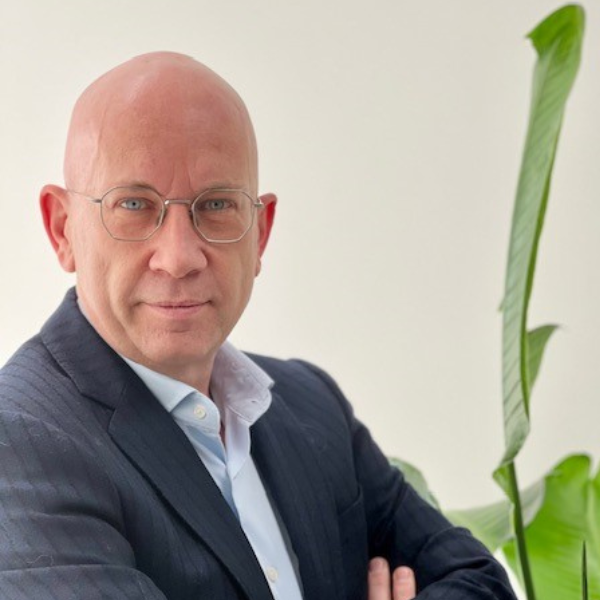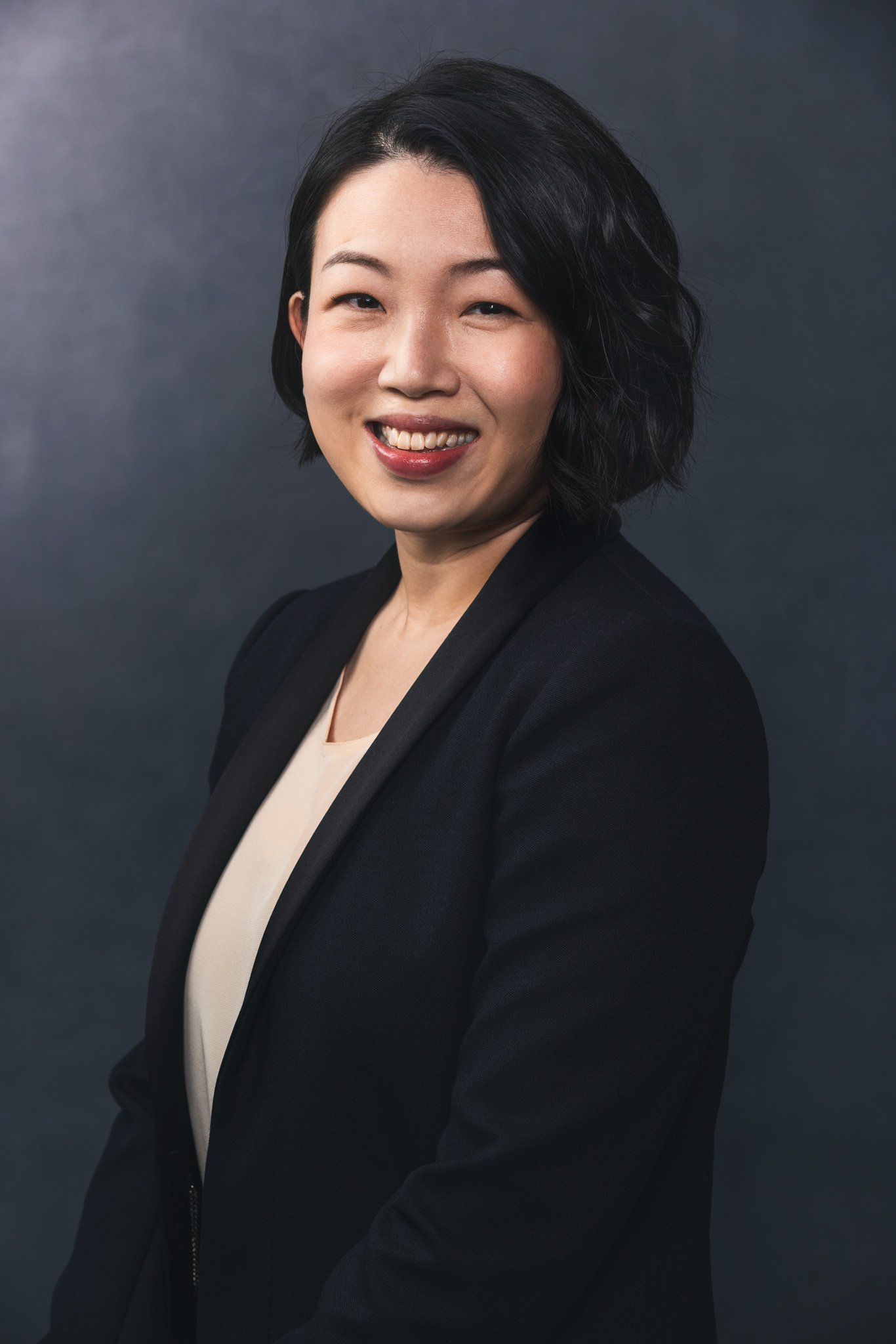The EMC changes your perception of human behaviour and your own potential.
Devika Das

Tell us something about yourself:
I am a coach and trainer specialising in psychodynamic transformations for leaders. I facilitate in enhancing self and interpersonal awareness to develop an impactful global executive presence in senior leaders worldwide. I have lived and worked in India, Sri Lanka, Egypt, Indonesia, China, and Hong Kong. All in all, nearly 20 years of coaching and training experience, 10 of which were in Mainland China.
I am the author of the Reflective Edge Series for Senior Executives which helps leaders enhance self-awareness for impact, influence, presence, and power. I continue engagement with INSEAD as a learning coach for their executive programme on gender diversity and inclusion.
I write to stay sane and learn with insights on leadership for LinkedIn, the INSED Viewpoints Blog, Medium and Thrive Global. I love spending time with my daughters, practicing mindfulness, writing, exercising and connecting with people.
Fun fact?
I’m in fact not as much fun as I portray. I’m introverted and could live on an abandoned island for months (with books, Netflix and room service of course).
What made you decide to take on the Executive Master in Change (EMC) programme at INSEAD?
To learn. To unlearn. To be a better version myself.
To see if I could push me to get out of my comfort zone and to spite those who thought I couldn’t reinvent in my forties - I love a good challenge!
How has the EMC changed your perspectives or outlook towards life?
I’ve learned that the more you let go the more you gain. Let go of a rigid identity and challenge your outlook towards life. Letting go is power. The more you let go of rigid ideas the more you have room to evolve and grow.
How different is the EMC as compared to other Master programmes out there?
There is absolutely no comparison. How do you compare infatuation to love? Other programmes are transactions. They give you the information and you come out with more information on the other end.
The EMC changes your perception of human behaviour and your own potential. It is an intense journey and in the end you will find yourself.
What advice would you give to potential EMC participants?
The most important thing you will learn is to learn about yourself. Everything else is just context.
What achievement are you most proud of in your professional career?
When I look in the mirror – I like the person looking back and have respect for the choices she has made. This has translated into many aspects of my professional career. I am proud of the person behind the profession. My coaching taps into all of that.
What is your best advice to an applicant hoping to get into the EMC programme?
Be genuine with your applications. Your accomplishments are nothing if they hide the person.
What are the top two items on your professional bucket list?
1. Finishing my book on executive presence for women.
2. Building a business that makes the world better by bringing into the forefront all the talented people who could make a better impact if they could maneuver the political/power dynamics of the world with confidence




